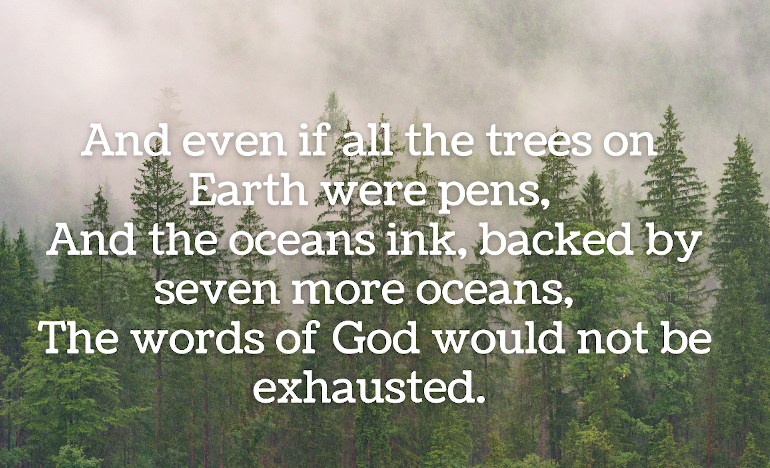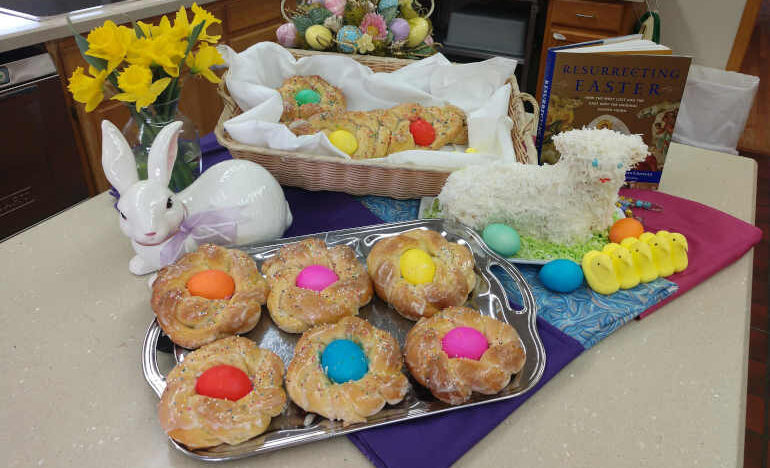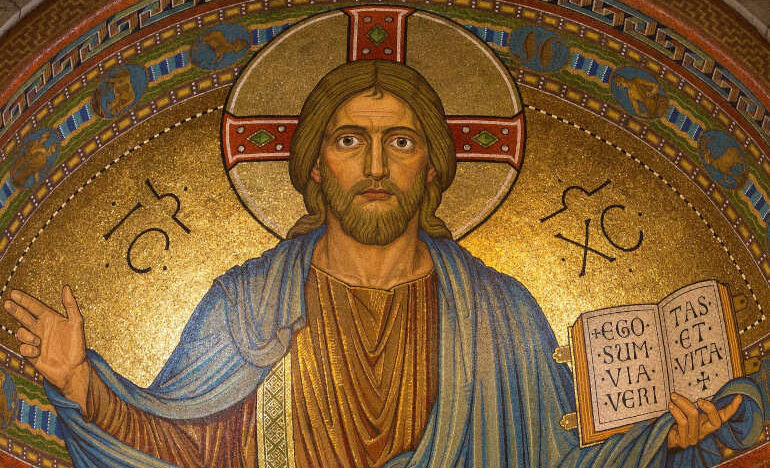An Introduction to the Contemplative Spirit of Islam

Part 1. The full series is here: The Contemplative Spirit of Islam
This week we are delighted to embark on a new journey within our Contemplative Living series. We will begin an exploration into the many ways that Islam fosters the contemplative walk.
As we discussed in our article last week, delving into the wisdom of diverse faith traditions holds value for a myriad of reasons. Our motivation includes the promotion of understanding among cultures as a sacred path to peace and harmony in our world. An interspiritual study holds the potential to expand one’s personal experience of the divine and has the propensity to create a heightened appreciation for one’s own faith practices.
Never miss an article published on the Renewal Center website: Sign up to receive our newsletters
An examination of various belief systems illuminates the beautiful way that various traditions complement and enhance each other. In the words of Imam Jamal Rahman, in his book, The Fragrance of Faith: The Enlightened Heart of Islam: “An appreciation of other traditions is not about conversion: it is about completion.”
Rahman speaks of the customary practice of contemplating stories and verses to grow in understanding of Islam much like we find in other cultures. He asserts: “Through this process of meditation on the verse or story, subtle shifts can occur within one’s being. As one acts on this heart-felt understanding, i.e., begins to live it, one inevitably develops into a higher station.” He elaborates by citing a traditional Islamic saying that speaks of the captivating hold the divine instills in one’s soul:
Once the blush of the Beloved
descends on you,
there is no going back
to being a green apple.
Faith traditions agree that attention to the inner life promotes contemplative living where one’s words, thoughts, and actions are centered and motivated by one’s friendship with the divine. Rahman in his book, Spiritual Gems of Islam, describes Sufis as “Muslims who emphasize essence over form and substance over appearance in their spiritual practices.” He expounds on this premise:
If the institution of religion can be compared to a cup and the water in it is the spiritual message, Sufis lament that we spend too much time polishing the outside of the cup and neglect to drink the water…They aspire to taste and live the essence of their faith.
The rich wisdom of Sufism contributes significantly to a discussion of the contemplative way of life.
Throughout our upcoming series, we will rely on the wisdom found in the Qur’an, the holy text of Islam which is believed to be Allah’s (Arabic for God’s) revelations to the prophet Muhammad, relayed through the angel Gabriel. The divine communication spanned a period of 23 years in the 7th century C.E.
Like Jesus and the Buddha, Muhammad epitomized the contemplative life. He spent a great deal of time in silence and solitude in the caves of Mecca. He preached the Oneness of God, was unrelenting in advocating for the vulnerable, and railed against wealth and power (Rahman, Gems, 5). The Prophet’s own words known has “hadiths” will enrich our study of Islamic spirituality.
Each verse in the Qur’an is referred to as a sign. Meditating on the signs leads to an understanding of how to become fully human, increases one’s awareness of the divine, and provides instruction on living in community and being of service to God’s creation (Rahman, Gems, 4). Like many faith traditions, Islam promotes an inward focus that propels the practitioner to engage in the loving care of others.
Rahman describes the beauty of the Qur’an: “As a child I loved to recite from the Qur’an because I was told that God hides in its verses so that, as you recite them, God can kiss your lips.”
NOTE: The Renewal Center staff will be leading a book discussion on Rahman’s book Spiritual Gems of Islam on Saturdays and Tuesdays in June.
Throughout our examination of the contemplative life as presented in the Islamic tradition, we will also rely on the wisdom of mystics such as Rumi and Hafiz. Rahman describes Rumi’s wisdom as being born of not only scholarship but also from his life’s work to “transform his ego and expand his heart.” Hafiz also preached that the ego is a barrier to divine communion.
Toward the end of Muhammad’s life, he lamented: “O Allah, we have not known you as we should have” acknowledging the immensity of the mystery of God. As declared in the Qur’an:
And even if all the trees on Earth were pens,
And the oceans ink, backed by seven more oceans,
The words of God would not be exhausted:
For God is infinite in power and wisdom (31:27).
As we grow in our awareness of the richness of Islamic spirituality, may we experience not only an increase in our knowledge of the Divine, but more importantly, may the sense of intimacy with our Maker thrive as we more fully embrace the One Who Calls Us By Name.
References
Rahman, Jamal. Spiritual Gems of Islam: Insights and Practices from the Qur’an, Hadith, Rumi and Muslin Teaching Stories to Enlighten the Heart and Mind. USA: Skylight Path Publishing, 2013
Rahman, Jamal. The Fragrance of Faith: The Enlightened Heart of Islam. Bath, England: The Book Foundation, 2004.
New articles in this series are posted to the website every Monday. The full series can be found here: An Invitation to Something New: The Contemplative Life. On Thursday’s we’ll send an email to remind you of the articles.
[Kathy Keary, a Precious Blood Companion and spiritual director, holds a master’s degree in theological studies and is a graduate of the Atchison Benedictine’s Sophia Center’s Souljourners Program, an intense study of spirituality and spiritual direction. Kathy believes that the divine is present and active in all of life and encourages others to be awakened to the God in all including the divine within. She enjoys accompanying others on their journey to wholeness discovering the person they were created to be.]
We’d Like to Hear From You!
We’d like to know what you think about this article. Send us a comment using the form below. Do you have a suggestion? Is there something you want to learn more about? Send us a note.
Related

Easter Bread (Pane di Pasqua)
By Lucia Ferrara
Easter bread is a fun bread. It’s a fun bread to make with your children, with your family, with neighbors and friends. The tradition of Easter bread dates back centuries and comes from many parts of the world.

Easter Sunday, the Resurrection of the Lord
Today’s scriptures tell us how three days changed the world. How have they changed you?
Categories
Assembling God's Puzzle Coffee with Padre Cooking & Spirituality Encounters of the 4th Kind Family Matters Reflections on the Eucharsitic Prayers Spiritual Resources Taize Prayers The Contemplative Life Traveling with Pilgrims of Hope Uncategorized Videos Week of Prayer for Uhristian Unity When you need a little help
